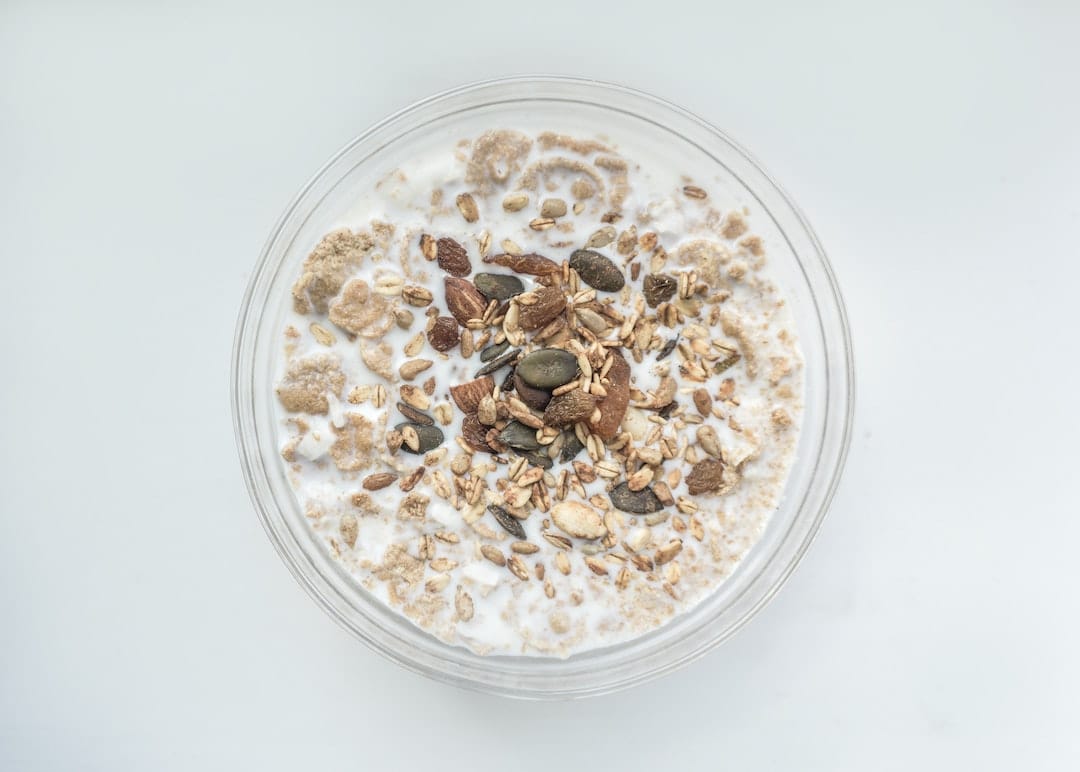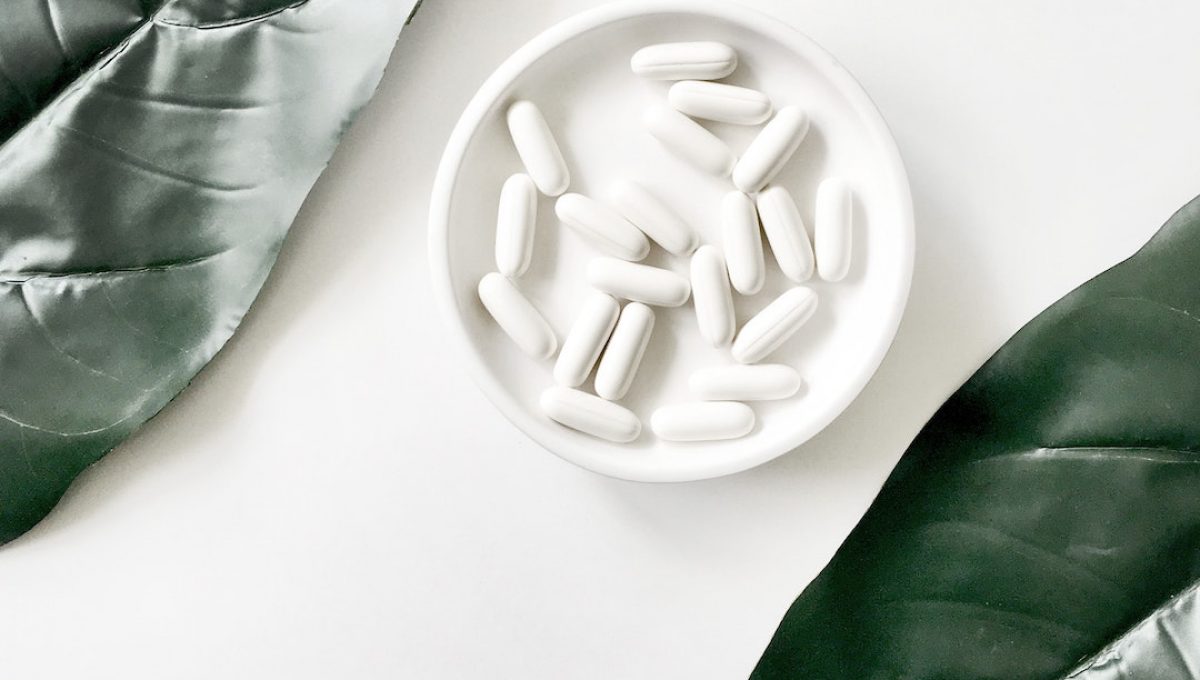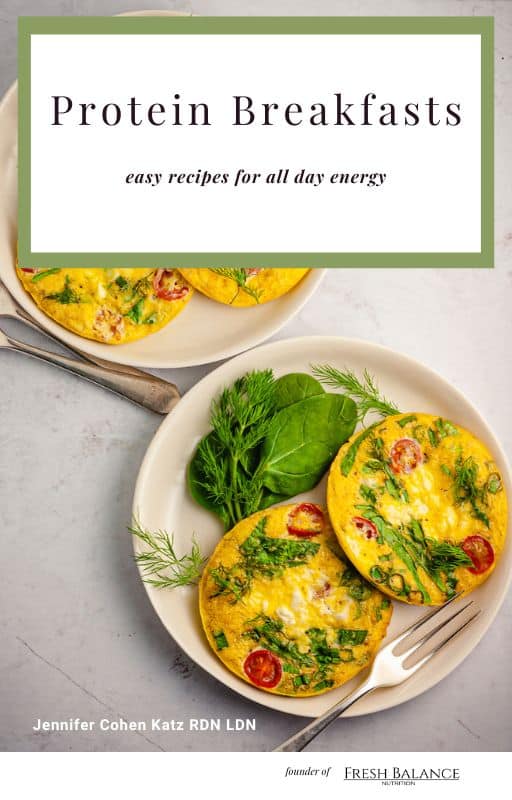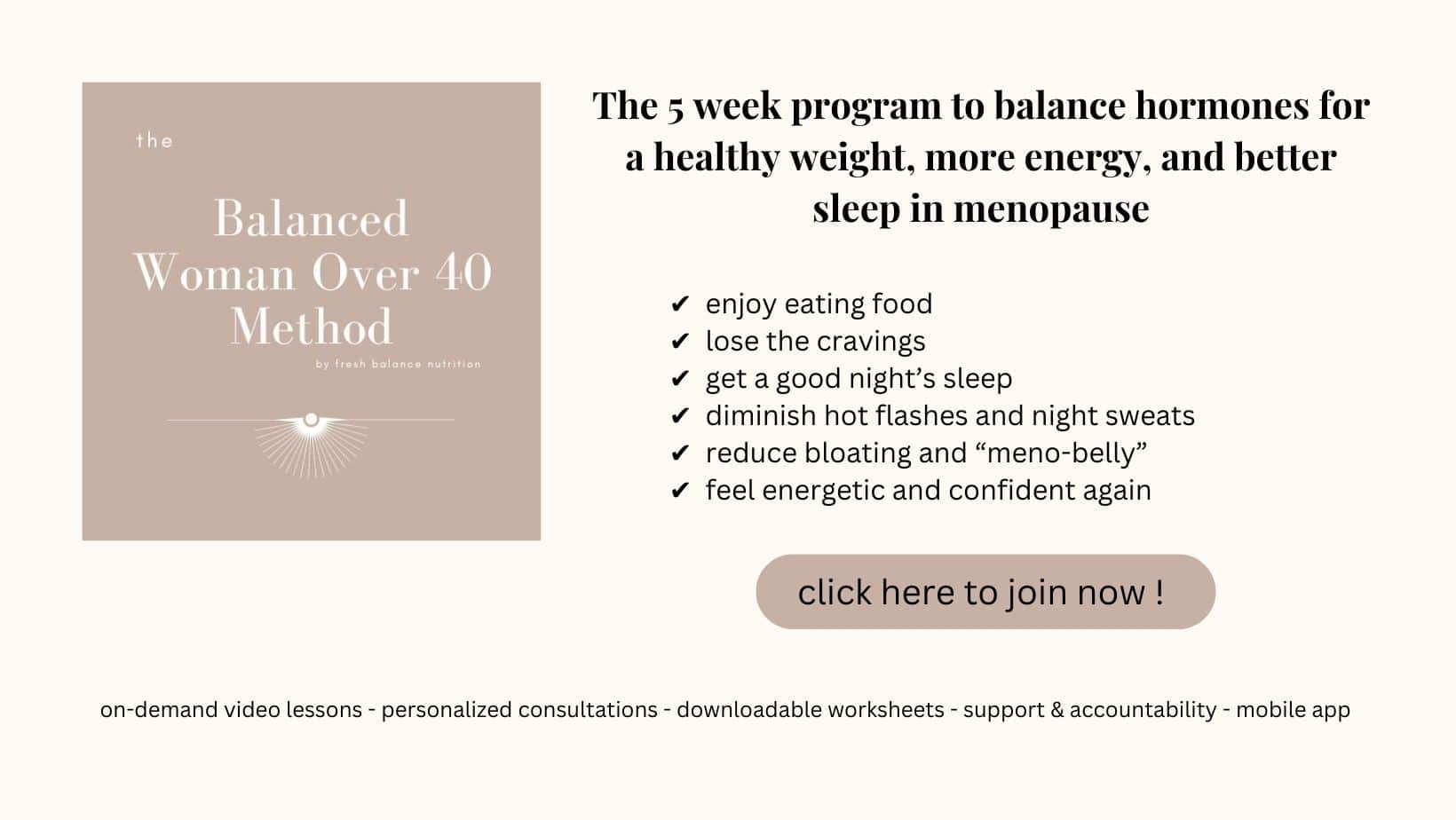Managing a healthy diet is an absolute necessity for minimizing menopausal symptoms. But sometimes we need a little more support to help our body feel balanced and strong. That’s why I like to talk about supplements for hormones.
I’m pretty conservative when it comes to supplements. I’m always food first. However, there are a few nutrients and herbs that have some science behind them to show they may have some influence on improving symptoms related to the hormonal shifts of perimenopause and menopause.
Remember, hormones act like messengers that help your cells communicate and initiate changes. They are part of your body’s endocrine system. Your hormones regulate your metabolism, body temperature, and also your mood.
Supplements for hormones in menopause
The hormonal changes we experience during perimenopause and menopause are natural but not as harmoniously balanced as they are when we are younger. We can’t actually bring our hormones back to the levels of our younger self, but we can use some vitamins, herbal supplements, and adaptogens that have been shown to support our hormones and decrease symptoms in perimenopause.

Magnesium
Many women have trouble getting enough of this mineral. It plays an important part in several body functions and can decrease many menopause symptoms. Magnesium can help manage the heart health issues that are common during menopause. It can decrease your risk of diabetes and help with bone strength.
There are different kinds of magnesium. Magnesium citrate helps relieve constipation. Magnesium glycinate can ease anxiety and joint pain as well as help you get a good sleep and decrease hot flashes.
You can get magnesium by eating pumpkin seeds, spinach, and soy milk. Try my Pumpkin Seed Butter.
Recommended intake is 320 mg and the type of magnesium depends on your needs.
Vitamin D
Bone strength is a huge concern in menopause. Vitamin D and calcium team up to help prevent osteoporosis. Vitamin D also supports brain health and can help with the depression associated with menopause.
Food sources of vitamin D include salmon, mushrooms, and fortified foods like milk.
The recommended daily intake is 600 IUs but you may need more if your vitamin D levels are low.
Omega-3’s
Here is another nutrient important for your brain and your heart. In menopause, our triglyceride levels increase, which is related to the accumulation of abdominal fat and insulin resistance. Omega 3’s can help balance lipid levels. They are also good for decreasing depression and hot flashes.
Eat salmon, oysters, and flaxseed to get more omega-3’s from your diet. My Salmon Protein Salad is high in omega-3’s.
Aim for 1100 – 2000 mg of omega-3s per day.

Probiotics
Digestive issues are common during menopause. Vaginal health is also influenced by certain strains of bacteria. A low fiber diet, antibiotics, and stress can diminish the good bugs in your gut that could be supportive for these issues. Probiotic supplements can help to keep the beneficial organisms that live within us in a healthy balance.
Fermented foods like yogurt, sauerkraut, and tempeh are full of probiotics.
Look for supplements with at least 10 billion CFUs and at least five different bacteria strains.
Ashwagandha
Adaptogens, like ashwagandha, are meant to support your body in the way it needs the most. That might be stress, immunity, or adrenal function. Ashwagandha is well known for helping with stress relief. It may also lower cortisol and blood sugar, improve memory and cognition, and reduce hot flashes. This root has been proven to be effective against insomnia, headaches, and depression.
Ashwagandha is absorbed better with some black pepper. Take it in the afternoon to benefit from its calming effects in preparation for better sleep.

Schisandra
This adaptogen has been found to be effective for hot flashes and heart palpitations. Schisandra also helps with stress and depression. It can boost mental performance and working capacity. It also has a neuroprotective effect against Alzheimer’s disease. If you’re an athlete or working on your exercise routine, schisandra can boost endurance.
Take schisandra in the morning and use it without other adaptogens at first to assess its effects on you. Try it in coffee for focus and energy.
Rhodiola Rosea
Rhodiola has been shown to improve energy, mood, cognitive function and memory. But very impressive are its neuroprotective, cardio-protective, anti-oxidative and anti-carcinogenic properties.
Take rhodiola in the morning because it has a mild stimulatory effect.
Maca
Here is another adaptogen that may help decrease hot flashes and improve sleep quality. Maca might help with depression and energy levels.
Avoid Maca if you have thyroid issues because it contains goitrogens.
Consider if any of these supplements may be appropriate for your personal health story. Remember you want to be careful if you’re taking medications which may interact with any supplements you decide to take. Also, only choose good quality supplements for hormones with the best efficacy and safety. I have some recommendations from my favorite brands here.
Do you need help determining what supplements may be right for you to maximize your menopausal health and manage your symptoms? Let’s have a conversation.








